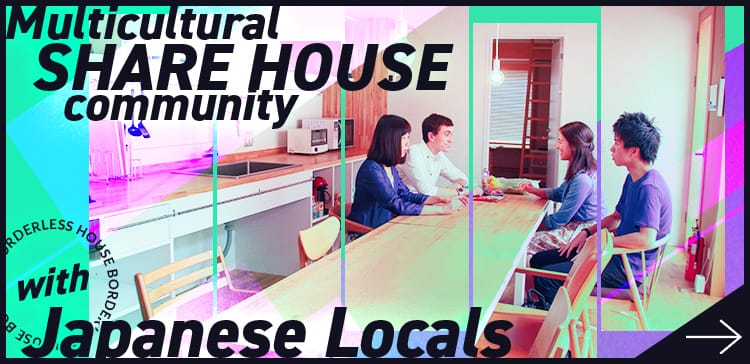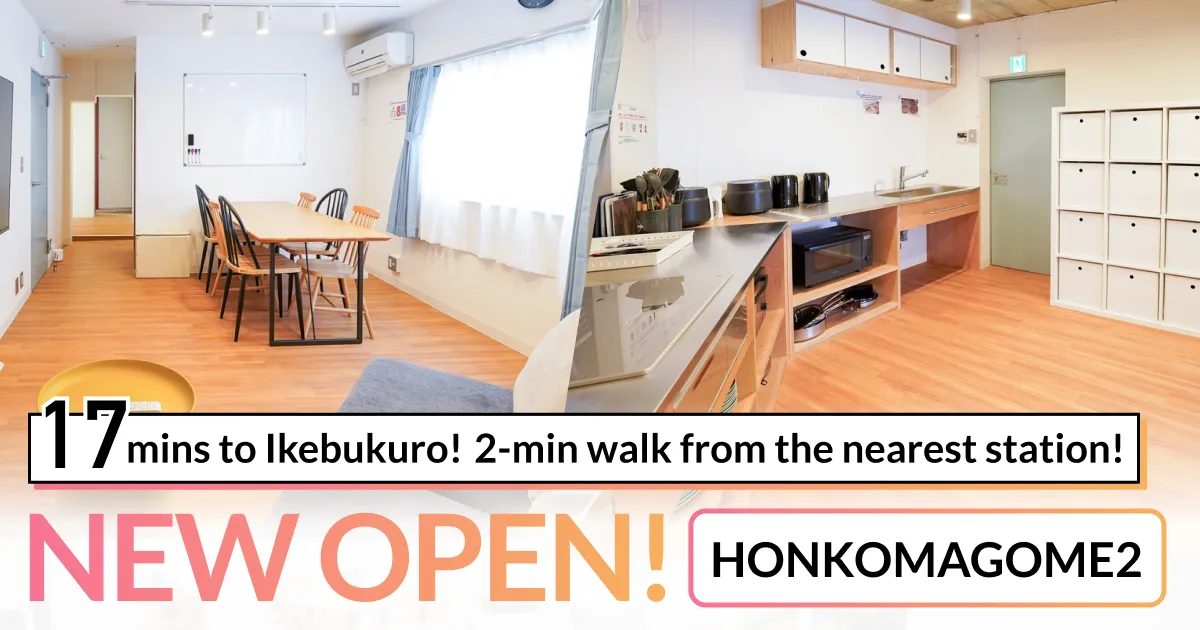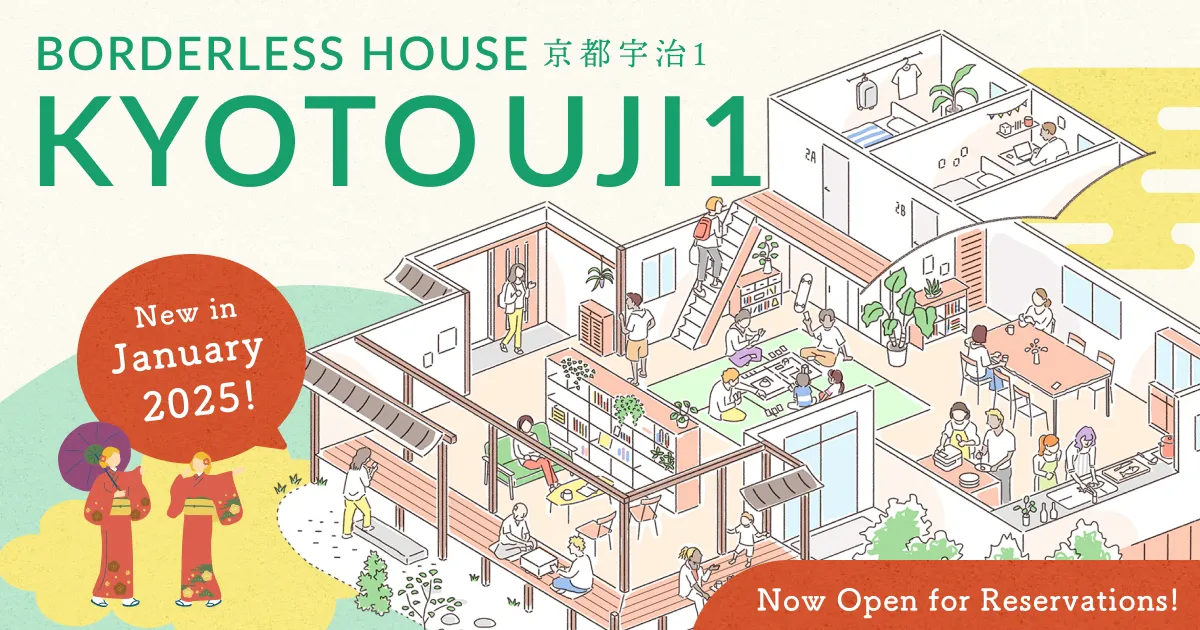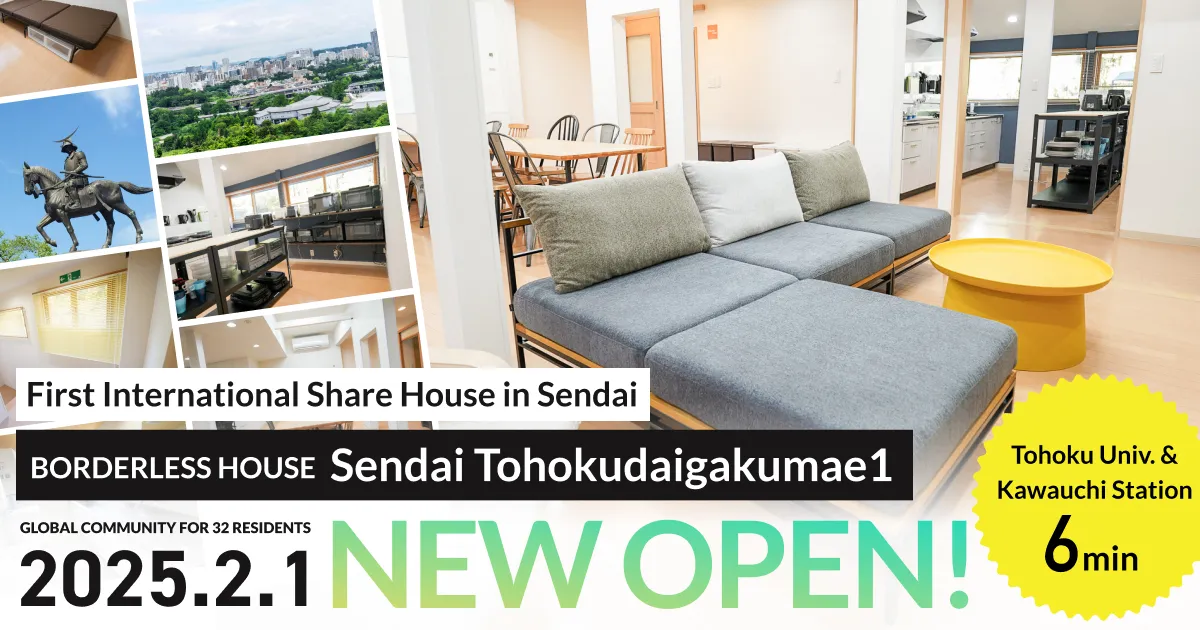NEWS&BLOG
Study in Japan ▏How to choose a Japanese language school?

To learn a language on your own, and to learn it by having to use it every single day in the lands it has been forged in, is as different as night and day. Or more fitting with our beloved country in the east, like kanji and katakana.
Going to Japan and learning a wholly unique language like Japanese, can have many deep-rooted goals and inspirations for the future. Whether it is about joining a global super conglomerate with branching offices scattered all across the world, wanting to dive deeper into the isolated but rich history of samurai, shoguns, Daimyos, and Emperors, wishing to learn the engineering secrets behind the state of the art robotics, or earthquake-proof skyscrapers, dreaming to visit the Inspiration behind your childhood animes.
There is no “one right” answer to learn Japanese. Japan has so much to offer no matter what your reasons for visiting are. Be it Pop culture, Technology, Music, Cinema, History, Nature, or Linguistics. Many of you might initially come for one reason, but decide to stay for an entirely new one! And to truly know a place and its people, you need to be able to communicate with them, and English won't cut it.
That is why joining a Japanese Language school is such a fantastic option. There, you will learn Japanese and only Japanese, from day one. And though it might sound scary at first, they do it in an incredible way where you feel your satisfying progression from the first minute you enter the school.
And I will try to help you think about what you might want to consider and look into before you start looking into the Study abroad agencies in your country, to make the process easier.
Some of the biggest factors in my decision-making were the following: location, what was my purpose for studying? culture, socializing, or is it academic? learning style/speed and how big is the size of the classes?
Let’s try to go through these things and get some ideas of what you would prefer.
Where Do You Want to Study?
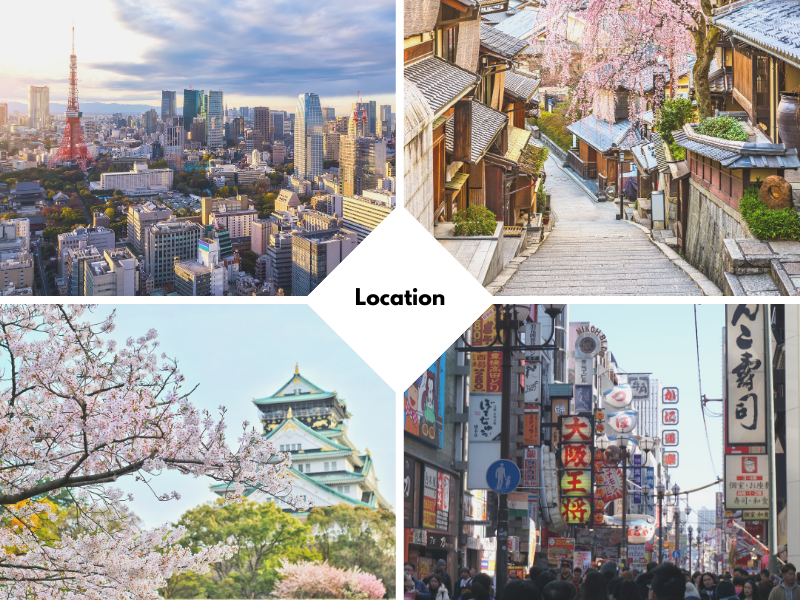
Location is a very important part of the selection process. If you are going to dedicate a lot of time and resources to go somewhere, making sure it's somewhere you will enjoy, is always a great investment.
With Japan being a country of roughly 378 square kilometers, you can find anything from the snowy plains of Hokkaido, sprawling mountain ranges of Nagano, Buzzing city-life of Tokyo and Osaka, open fields of Sendai, to the almost tropical climate of Okinawa and Kyushu.
While many choose the language school based on the city they plan to eventually go to university or work in, many also choose it based on aspects like climate, population, attractions, pastime activities, the accessibility to travel to other locations from that city, or even that the environment is closer to what you are used to from back at home.
We all know the colorful and bright views of Shibuya, Shinjuku, and Akihabara. Central Tokyo is a perfect location for those who love an endless amount of activities, technology, life, and opportunities to find connections and work. But what outside of Tokyo have Japan to offer?
While all the big cities will give you a similar big city lifestyle, filled with bars, restaurants, museums, shopping malls, and arcades, every city in Japan has its own unique style and tradition. My experience in Fukuoka, for example, was completely different from my friend’s in Osaka. So why not read up about what the different famous cities in Japan can offer?!
Kyoto, the old capital filled to the brim with history, Fukuoka, home of the Yamakasa festival, Hakata ramen, and for all fans of K-pop, a short boat trip away from South Korea, Sapporo, a more rural city that turns into a snowy wonderland during the winter. There is a city for everyone!
The point is since many of these cities often have many different options of Japanese language schools, you might as well go somewhere you feel that your soul is more drawn towards!
How Do You Want to Study?

Well then, what about the school and the studies themselves?
The most common terms used for the two different teaching styles are Asian style and Western-style. Because Many foreign students living in Japan are from China and Korea, their own language is so similar to Japanese, they can skip much of the basics and go at a faster pace and much more focus on Kanji and difficult vocabulary.
While for Western Languages, so far distant from Asian, are too different to give us an advantage. So westerners often have to start from the ground level and work up at a more gradual speed. And many go to Japan and learn without the direct intent to reach academic levels. Therefore they study at a much more casual rate. That's where the terms Asian Style, and Western Style originates.
Western Styled schools also tend to have smaller classes. They roughly aim for a maximum of 8-10 students per class. This makes it easier for the students to interact with the teacher and each other. Because of this, there is very little confusion, since you can always make your question heard, either to the teacher or ask for tips from the ones sitting next to you.
It is important to know what your end goal with your studies will be. Is your goal to push hard and enter the university or business level Japanese and know all the Kanji’s needed to fully understand any task or information given to you? Or do you wish for a slower speed, but with more focus on the daily life of Japanese and culture? Focus more on making friends than business opportunities?
So it's up to you if you feel like you prefer a slower, but more personal and social study experience, or if you want to focus on reaching your goal as efficiently and fast as possible.
Where Do You Want to Live?
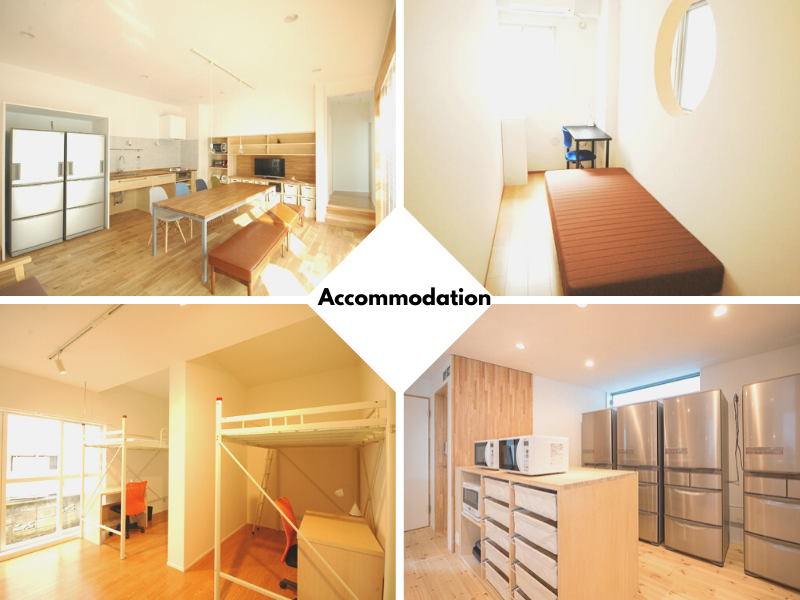
Another topic worth taking some time to think about would be accommodations. Of course, the Agency or school you have contact with will help you organize everything. But ask yourself what type of accommodation you want, will help you immensely.
And since many travels to Japan to learn the culture and people, living by yourself in an apartment will start to feel a bit isolated. That is why options like International Share Houses are great alternatives. You will both get to live and interact with Japanese people every single day, cooking traditional food together, being able to practice Japanese daily, and making friends for life. In addition to living with other Westerners who you can talk to regarding your studies, lifestyles, and problems your Japanese roommates might not be able to relate to.
So take some extra time to think about where you want this magical time to take place. And when you actually have started your studies, being forced to study at a pace much too slow for you to reach your goal, or being so fast you get too stressed to enjoy the world around you, can really ruin the magical journey you have chosen to partake in.
Any serious Japanese language organization cares deeply about all of their students and will give you any and all help they can in regards to accommodations, rent, phones, and sim cards, transportation, helping you create a Japanese bank account for longer stays, and anything else you might need help with.
What's keeping You From Planning?
 While, of course, there are many, many more things to consider, research, and ask in regards to choosing a school, these topics are what I and most of my fellow students felt were the main deciding factors we had in common. Because when you finally do get to live and study in Japan, it will be a time you will never forget, so it is important to be in an environment you can enjoy both in and outside of class to the maximum.
While, of course, there are many, many more things to consider, research, and ask in regards to choosing a school, these topics are what I and most of my fellow students felt were the main deciding factors we had in common. Because when you finally do get to live and study in Japan, it will be a time you will never forget, so it is important to be in an environment you can enjoy both in and outside of class to the maximum.
Whether it’s the Study abroad agency or the school you already have selected, it's never wrong to ask any question that might arise. They are there for you, so don’t be shy about wanting to make your dream as perfect as you can.


